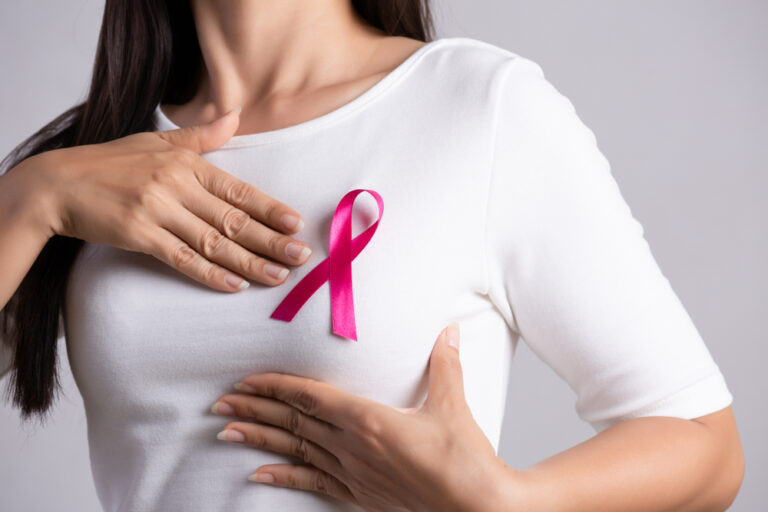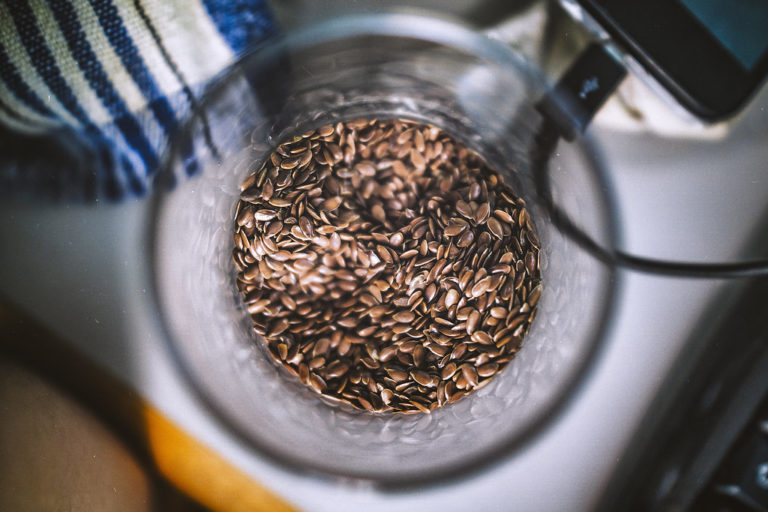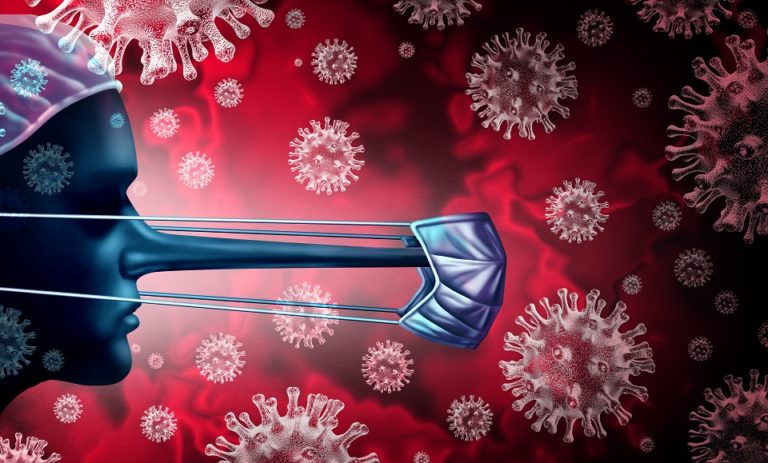
- Abdominal pain – You might be suffering from tummy aches or belly bloat. Either way, abdominal pain is the number one non-injury reason in cases of adult emergency room visits. The pain can have various factors, from gas or a pulled muscle to the stomach flu or more serious conditions, such as appendicitis or urinary tract infections. If you’re experiencing intense localized pain in the right lower part of your abdomen or your right upper region, you should be worried about your appendix or gallbladder, in which case you need to head to the ER right away.
- Chest pain – Heart attacks are the number one killer for both American men and women. By knowing this, it’s no surprise that any sudden chest pain is scary and represents one of the leading causes of emergency room visits for adults. If you’re experiencing chest pain, but also shortness of breath, decreased activity tolerance, and sweating, you should consider heading to the ER. This is not a situation where you can simply go for a walk-in or urgent care clinic, as any situation related to cardiac issues is for the ER.
- Infection – Infection can mean many things: it can be a simple infected skin wound or a kidney infection. The majority of infections are viral, which means that they won’t respond to antibiotics and can be treated at home. The important thing is to look at the severity of the symptoms because the more severe infections can lead to sepsis (infection throughout the body), pneumonia, meningitis, and a weakened immune system. You should head to the ER if you feel confusion, lethargy, low blood pressure, or inability to tolerate any oral fluids.
- Blood in your stool or urine – Blood should never be found in your stool or urine. If you see it in either situation, it’s important to make an appointment with a doctor as soon as possible. Blood in the urine can be caused by an infection, like a urinary tract or kidney infection. But when it comes to stool, although it’s often benign, it can also be a sign of something very dangerous. You should immediately rush to the ER if you notice large quantities of blood in your stool or urine, and also if you experience other added symptoms, such as fever, rash, or fatigue.

























